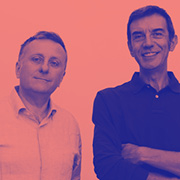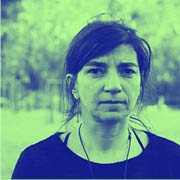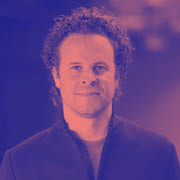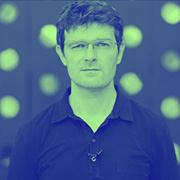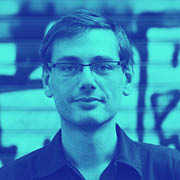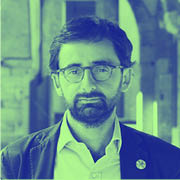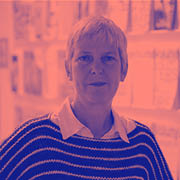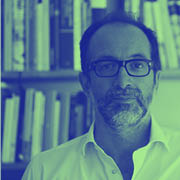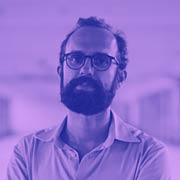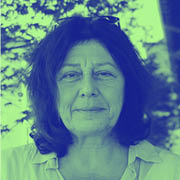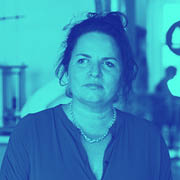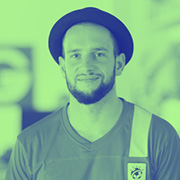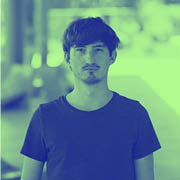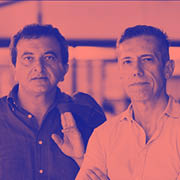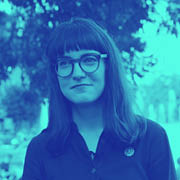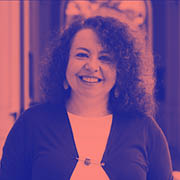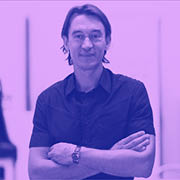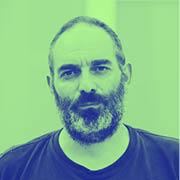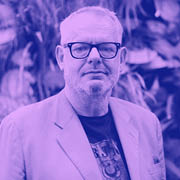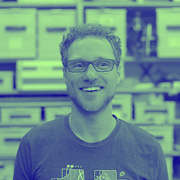FOUNDER MEDIAMATIC
WILLEM VELTHOVEN
Willem Velthoven is a founder and director of Mediamatic, an Amsterdam based institution focusing on establishing connections between technology, society and culture. His background in art history and visual communication is strongly recognizable in Mediamatic’s mission and its reputation for developing various social networks and connecting them to the real world.
TERMS
new economies
value
smart social infrastructure
biology
NEW ECOLOGIES
NEW ECONOMIES
Cities happen because of economy, because people want to get together to exchange goods. Historically people have been gathering in cities mainly for economical reasons, and they still do that. So for the city, New Ecologies would actually be New Economies. What these new economies are is a very important question that is not answered properly at the moment. The old economies of the city are increasingly starting to float above the city: they are not in the streets or in the hands of people anymore, but in the hands of banks. Perhaps with the exception of the church, banks are the oldest network organization of Europe. They are ahead of other systems in the virtualization of the economy, which means that by moving out of the city and into the virtual realm, they remove the old economical justification of the city. This means that cities are in danger and we urgently need to find new economies, otherwise the ecologies of our cities will crumble.
URBAN ASSETS
VALUE
An asset is something that means something to you, that has a value for you. The value of the city is based on the citizens coming together to exchange and these exchanges can be both very intense and abstract. They also have the highest value differentiation. This is why we now see spectacular effects in the value of real estate differentiating in ways we have never seen before. Real estate values are now determined by financial markets rather than people-to-people exchange values, which used to be the basis of the social infrastructure of the city. This is a really interesting question for designers. I would argue that a re-design of European politics is necessary if we are to understand again how to have a coherent social system which makes a healthy city.
DIGITAL TOOLKIT
SMART SOCIAL INFRASTRUCTURE
I am very afraid of the ways the smart-city concept has developed thus far. It is fiercely going in the direction of larger companies taking over very essential local exchanges. So if I take a taxi, I am not making an economical agreement with my neighbour anymore. I am making an economical agreement with an American company that is aggressively competing in the local transportation market. On the other hand there are some idealistic, hopeful discussions like social car sharing and using social networks, to build and reinforce trust between neighbours, to help each other, get to know each other and work together in more classical social exchange. I hope we can find more ways of reinforcing those mechanisms that are coming from the same digital revolution as the Airbnb and Uber examples that we now start to worry about. We have to politically wake up and start encouraging real alternatives, otherwise we will all be owned by corporations sooner or later.
In my opinion the city should not be a corporate infrastructure; the city should be a social infrastructure. It is a fantastic challenge to start designing this social infrastructure and there is a rising awareness against the omnipresence of digital infrastructures. People start saying ‘Maybe I should not be on Tinder or Snapchat, maybe I should take some time off and be a physical being again’. There is great hope for the city.
NEW COLLECTIVES
BIOLOGY
We are living beings and the most essential part of our economy is what keeps us alive. The reason that we want to live and that we are able to get out of bed everyday is us being alive together. It is not about smart infrastructure, it is not about economy but about loving each other, making family or having friends in your neighbourhood. And these things are fundamentally biological. There are people who think that human consciousness can be emulated with computers and that is a very big misunderstanding. In the 19th century, scientists were playing with the idea that the human brain is a machine with mechanisms that run according to the laws of physics and now there are people arguing that computers will become more intelligent than humans soon, that we go towards a singularity and that computers will be able to replace humans in an essential way. To that the simple answer is “sorry our life is different than the computer life” and this is also where the value of our entire existence lies.
INTERVIEWED BY
CRISTINA AMPATZIDOU
Discussing the constantly evolving meanings of ideas such as the 'smart city' and 'start-up', Willem Velthoven went back to the beginnings of Mediamatic and the promising potential that can be found in the intersections of technology and biology.
CA:
How would you re-imagine a contemporary idea of a new vocabulary?
WV:
A vocabulary is always happening. It is a strongly evolving entity, particularly the meaning of words related to new developments expire, get rejected, and go all over the place. That means that we are always re-inventing our vocabulary, discarding words and finding new ones. I don’t think it’s possible to establish a new vocabulary and say, this is it. Perhaps it can happen along with an introduction of a new ideology. Let’s say, I am writing a book about the relationships between work and capital, called ‘Das Kapital’ and I define some terms. I send my manuscript to all my friends and we start agreeing on these terms, so that we can have a new vocabulary. However, I don’t think we are there yet or that we will ever find this kind of agreement. Even when Marx published ‘Das Kapital’ people were not agreeing on the terms he had introduced.
Take for instance the word ‘smart city’, which was a positive word in the beginning. Now it has became a scary word describing a city that has become an oppressive infrastructure for enslaved citizens. The value of the word clearly has changed, we are continuously looking for new words that open up new directions.
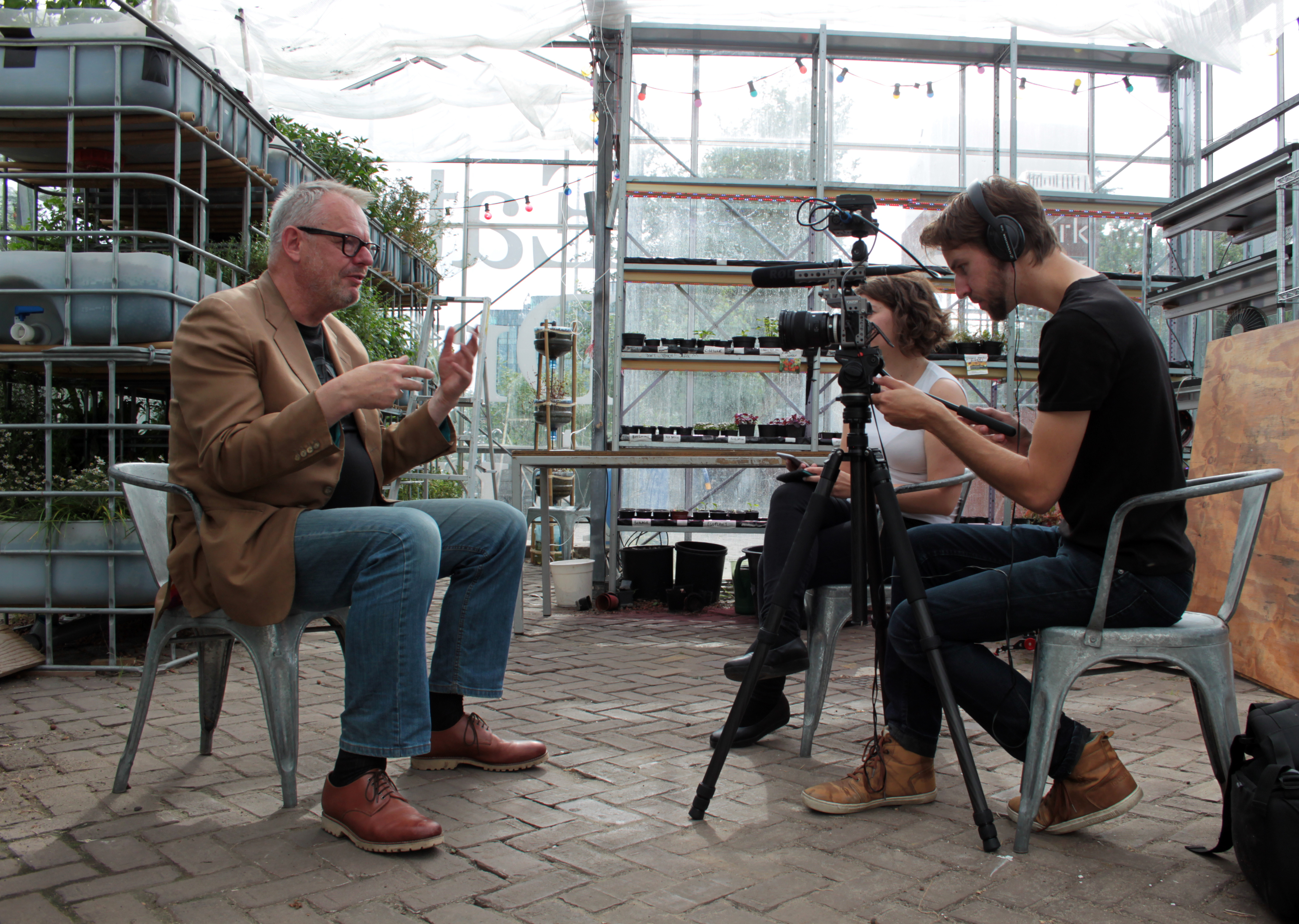

CA:
Have you ever been in a situation where you realized that everybody used the same words but understood them in a different way?
WV:
A word that is becoming a hideous one is ‘start up’. It used to be about a couple of people with a new idea deciding to go for it and trying to develop their idea into a reality. Now ‘start up’ is about an investment opportunity. It is becoming a purely economical term and young people with new ideas start to avoid this word. This is a really interesting example, that ends up being about governmental investment and international competition instead of the inspiration of a couple of friends in a garage.
CA:
You studied communication design and then founded Mediamatic, which started in the technology sector and now is moving into the realm of bio design and bio art.
WV:
While I was still a student of art history and communication design, we started Mediamatic with a group of friends because of our need to access the technology that fascinated us and to explore its artistic possibilities. Working with new technology is always challenging and expensive so helping each other was essential, not only to produce and present work, but also to think together. We were lucky to be grounded in a small city, where we found an innovation niche together. We wanted to communicate with our friends all over the world but in those days there was no easy internet access or e-mail, so we had to make a paper magazine. We dealt with topics ranging from video and performance art, audio installation, to interactive art and design with computers; we experimented with different formats, and participated in the ‘Amsterdam Digital City’ project where we started working with community networks. At the same time we also designed the online banking interface for Rabobank. For me, all these things were interconnected. I believed our project was changing the power relationships between banks and people. I thought: 'We are realizing an interface that gives a direct access to my own bank account, without waiting for papers or permissions.' It was an interesting utopian idea of getting direct control over access. People always project their dreams on new technologies. Gradually the internet became increasingly social and we started working with that aspect of it, building our own social software and at the same time working on political projects in our city. Finally, we transitioned towards working with biology.
It was an interesting utopian idea of giving direct control over access. People always project their dreams on new technologies.
CA:
How did this transition come about? Why towards bio art and not something else?
WV:
Mainly because biology is both a science and a technology with a very strong acceleration at the moment. There are a lot of new discoveries in biology, interestingly enough, caused by information technology. We have much better sensors, we have computers that can be used to make a lot of calculations. We tried to understand DNA, which was already an amazing prospect. Now this is considered a common thing, and scientists are talking about writing DNA; creating life in a word processor. These technologies come together and one revolutionizes the next one. At the same time, globally we get increasingly worried about sustainability issues. The new technology of biology and the new urgent questions of ecology start interfering with each other. Art and design always deal with urgencies in society and tend to use the emergent opportunities of new technologies. This is also what we try to do here at Mediamatic.
CA:
Do you think that this interaction between technology and biology is creating a new conception of nature?
WV:
I think that this new conception of nature is not new at all. Philosopher Spinoza already clearly outlined how humanity is a part of nature and any product or structure made by humanity is also a part of it. There is no real difference between a beehive, an ant colony, a symbiotic microorganism or a city. They are all living beings that create structures. In a sense I think there is nothing new in this relationship, but we have kept a false dichotomy between nature and culture for a long time, which also manifests itself in our language. I hope that we can change that.
